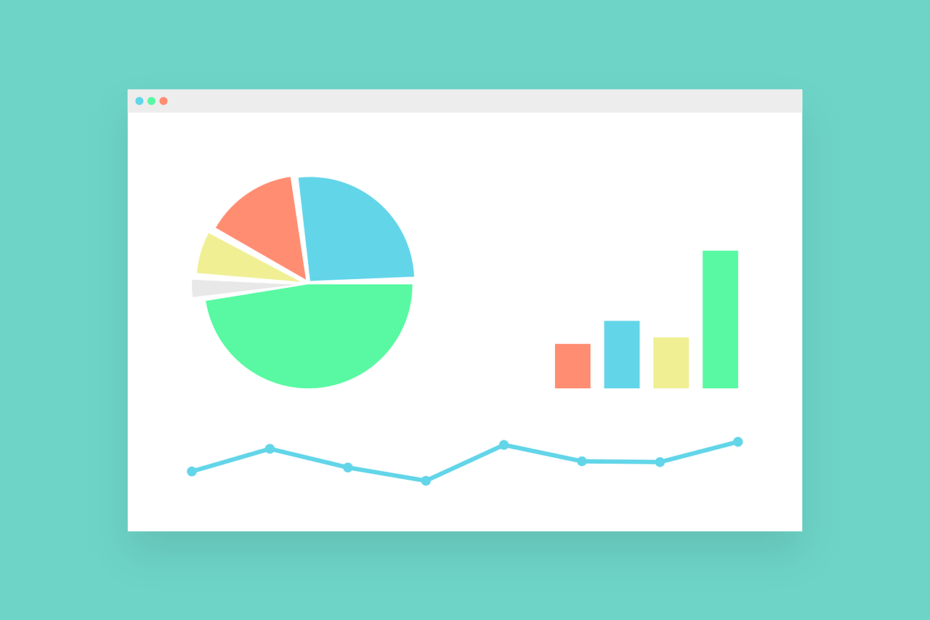Encore Recovery in Arlington, VA, has seen firsthand the effects of the epidemic of addiction the country is facing today. Through our outpatient treatment, we have been able to not only help many individuals suffering from substance use disorders, but also hear their stories and understand on an intimate level, how addiction is impacting the state of Virginia. A look at the statistics shows that, despite the brave efforts of many to fight the opioid epidemic (as well as other substance addictions), there is still much work to be done.
Opioid Addiction in Virginia & Epidemic Statistics
A topic we have covered briefly in a prior post is the opioid epidemic in Virginia, as well as in the United States. A more robust look at the stats is warranted.
For starters, the United States in 2018 experienced 67,367 drug overdose deaths—a high number, but still down 4% from the year prior.
- Out of those 67,367 deaths, 46,802 of them involved opioids.
- The number of those deaths that were from prescription opioids was 14,975 and was also less than in 2017.
- The rate of prescriptions was 44.8 prescriptions for every 100 persons; the US average is 51.4
- Opioids were responsible for approximately 9901 ED visits in 2020, a 33% increase from 2019.
Unsurprisingly, as prescription and non-prescription opioid deaths go down, so too does the number of heroin-related deaths decrease as well. Heroin is a drug that is often used when a person who is addicted to opioids can no longer acquire them through prescription. Unfortunately, the very necessary act of making opioid prescriptions harder to obtain also has an inverse relationship with heroin use.
What Caused the Opioid Epidemic?

There are many reasons that are posited for the cause of the opioid epidemic in the United States. The opioid epidemic is classically separated into 3 distinct waves, with the 3rd wave commonly accepted as beginning in about 2013. The third wave of the opioid epidemic in Virginia, as well as the United States, was defined by overdose deaths as a result of the highly potent synthetic opioid fentanyl. Many overdose deaths are on accident, as fentanyl can be laced into illegal street drugs such as heroin or cocaine without the user knowing.
To ask what caused the opioid epidemic, you are really asking what has been fueling the rising rates of addiction and substance use disorders in the United States over the past two decades. While there is no definitive answer, what is clear is that the problem is multivariate. The most well-known variable that contributed to the opioid epidemic was the overprescription of said drugs in the 90s which laid the bedrock for pain pill addiction. Furthering that issue was the many “pill mill” doctors that would prescribe opioids for anyone who offered cash, needless to say, this is both highly unethical and illegal.
Addiction and Mental Health

Rising rates of addiction are highly correlated with what has been dubbed the “loneliness epidemic” in the Western world. A study conducted by Cigna revealed concerning results. The survey consisted of more than 20,000 US adults aged 18 and older and found that nearly half of Americans (46%) report sometimes or always feeling alone. The study continues to list cascading results that exemplify that many people in the US are lacking in company and meaningful relationships.
While technological advancements provide many benefits and conveniences in our lives, it—particularly social media, has also been implicated in a sharp increase in mental health illness and the incidence of suicide in younger demographics. Despite helping us come together, technology also has something of an isolating effect in many instances.
This has been known for many years and was even studied fairly early in the lifecycle of smartphone access and social media evolution. A widely cited study in 2012 suggested that the internet and social media could affect populations vulnerable to mental health issues. 8 years later, there is a bevy of research that suggests just that—though social media is just one factor in the mental health crisis the country faces.
Ultimately, rising rates of addiction are highly correlated with mental health issues such as anxiety and depression. This is precisely why we at Encore Recovery, focus on dual-diagnosis treatment. Addiction is not just an issue with substance consumption, but a problem that is tied into maladaptive coping mechanisms and negative thought patterns.
Virginia Opioid Addiction Summary
To summarize:
- The United States in 2018 experienced 67,367 drug overdose deaths
- In Virginia, 1,193 drug overdose deaths involved opioids in 2018
- Fentanyl is a major contributor to drug overdose deaths in Virginia and the country
- Lack of social connection in modern society is a significant contributor to mental illness
- Mental illness is comorbid with addiction and a proper dual diagnosis is the key to treating drug and alcohol addiction
Opioid Addiction Treatment Virginia
Before entering outpatient treatment, a patient must go through a medically supervised detox. From there, they can choose a program that will suit the level of time commitment they are able to offer.
Encore Recovery recommends our Partial Hospitalization Program in Virginia. As far as outpatient treatment for substance use disorders goes, a PHP offers the greatest time commitment of our programs. While residential treatments help patients stabilize medically and behaviorally, the purpose of a PHP or IOP—intensive outpatient program, is to work on developing the bedrock of a person’s ability to stay in recovery.
This involves a holistic approach that incorporates a wide variety of methods that have been proven to assist people in recovery, from individual and group therapy, to wellness services such as trauma-informed yoga and meditation.
Contact Encore Recovery today at (703)-594-9855 to find out more how we can help you or a loved one that is struggling with addiction.
